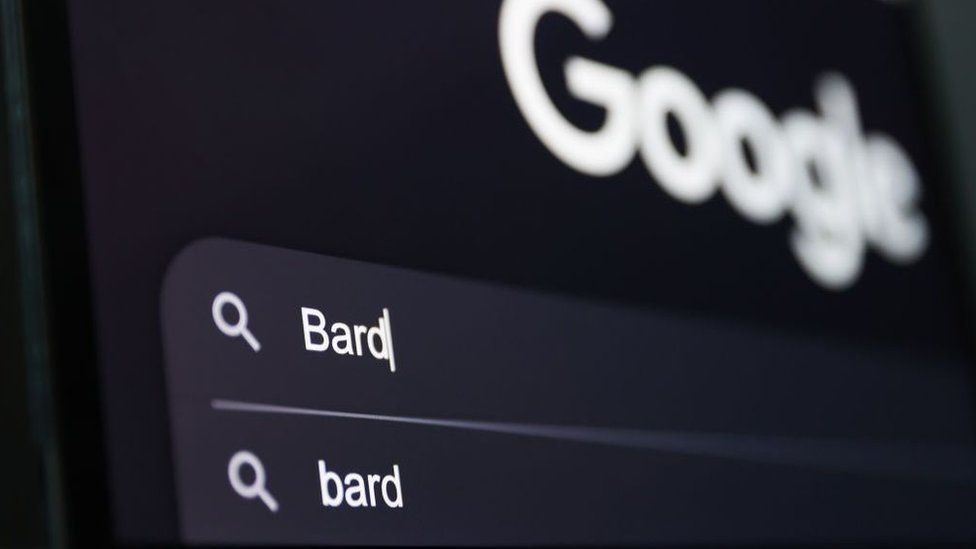Alphabet Inc.’s Google announced on Tuesday its plans to equip Bard, its generative artificial intelligence, with the capability to fact-check responses and analyze users’ personal Google data.
This strategic move aims to elevate Bard’s popularity, placing it in closer competition with ChatGPT.
The debut of ChatGPT, a chatbot developed by Microsoft-backed OpenAI, ignited a fierce race within the tech industry to provide consumers with access to generative AI technology. ChatGPT’s rapid growth established it as one of the world’s top 30 websites.
However, Bard’s journey hasn’t mirrored ChatGPT’s meteoric rise. In August, it garnered 183 million visits, which was only 13% of ChatGPT’s traffic, as reported by website analytics firm Similarweb.
In a bid to secure a more prominent foothold in the dynamic AI landscape, Google is introducing Bard Extensions. These extensions empower users to import their data from other Google products.
For instance, users can now instruct Bard to search their files within Google Drive or generate a summary of their Gmail inbox.
Presently, Bard users can only access information from Google apps, but Google is actively collaborating with external companies to integrate their applications into Bard in the future, according to Google’s senior product director, Jack Krawczyk.
Another novel feature within Bard tackles a persistent challenge in generative AI—erroneous responses, often referred to as “hallucinations.” Bard users will now have the ability to discern which parts of Bard’s responses align with or differ from Google search results.
Krawczyk emphasized the transparency aspect, stating, “We are presenting Bard in a way that acknowledges its lack of confidence when necessary.” This approach aims to foster user trust in generative AI by holding Bard accountable for its responses.
Lastly, a third innovative feature allows users to invite others to participate in Bard conversations, further enhancing its collaborative capabilities.

